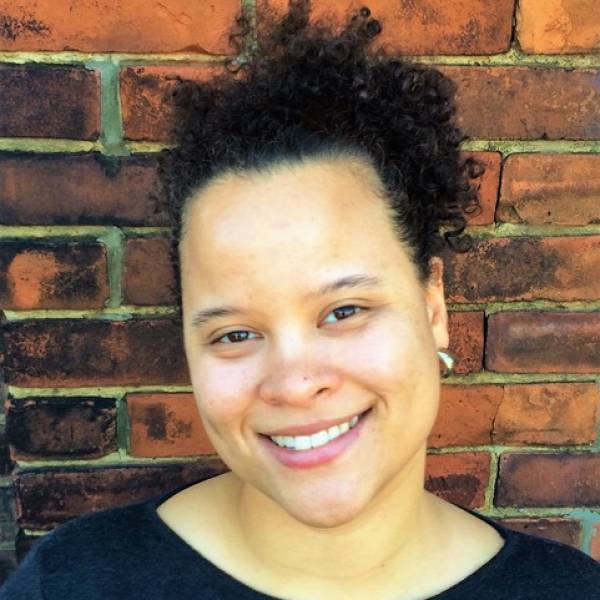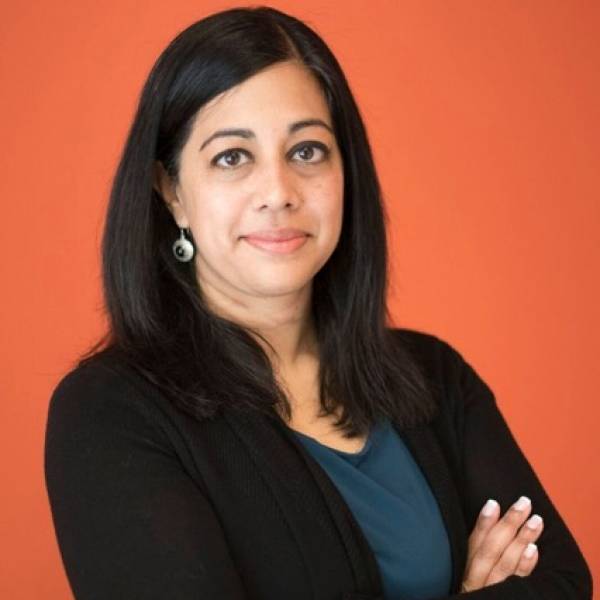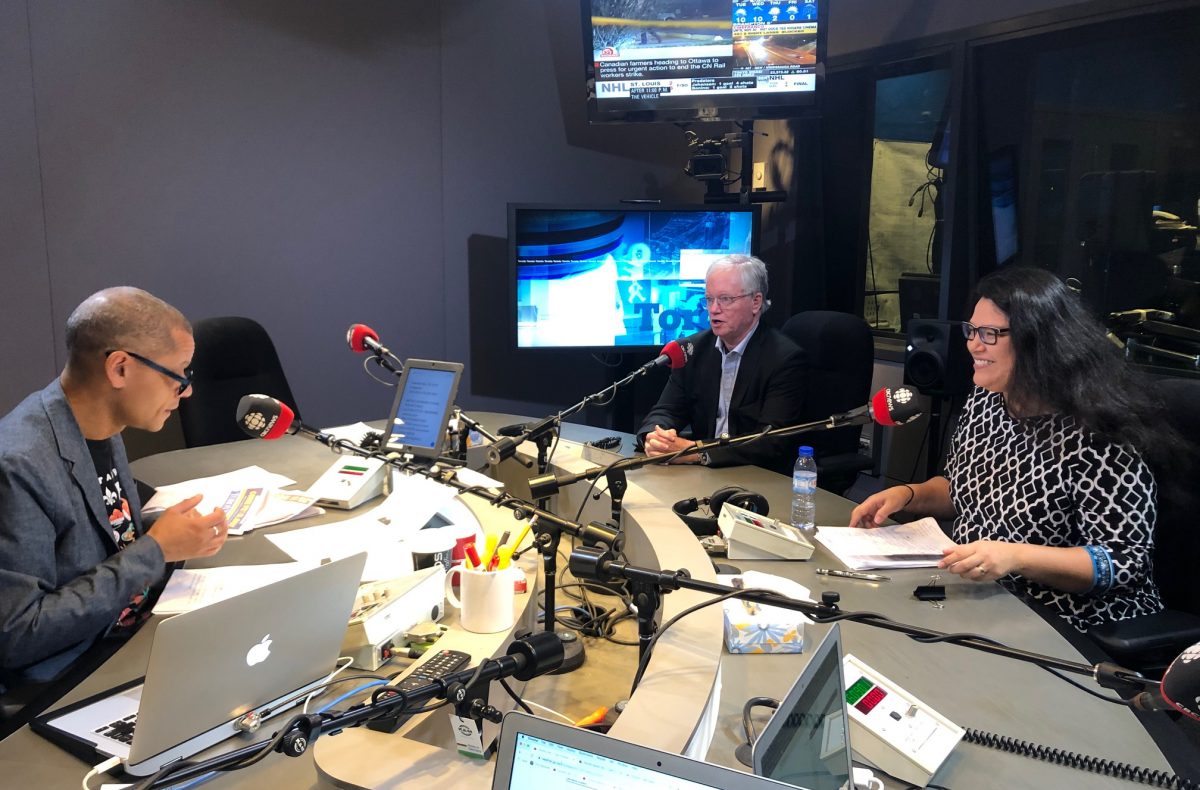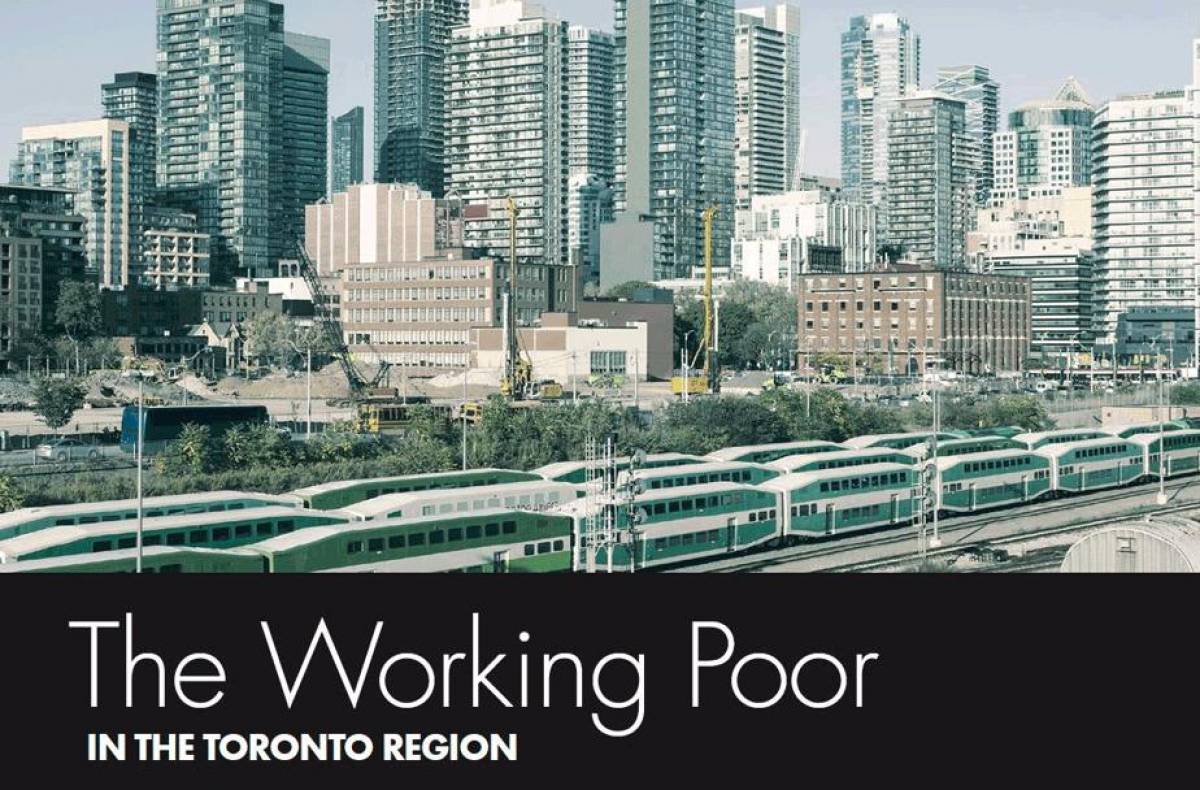Despite strong employment figures, minimum wage increases, and new government transfers, the number of people in Toronto who work and yet live in poverty continues to increase. Metcalf Innovation Fellow John Stapleton’s report, The Working Poor in the Toronto Region: A closer look at the increasing numbers shows that from 2006 to 2016, working poverty expanded northwards and increased by 27%. The report’s data also shows that a disproportion number of working poor are racialized and that rates are especially high within Toronto’s Black community.
To provide insight into these trends, Metcalf invited three colleagues to share their thoughts on the report.
Ajeev Bhatia, Manager of Policy/Community Connections at the Centre for Connected Communities, writes about the importance of place-based solutions and his concerns that the rezoning of employment lands in Scarborough will further eliminate local employment.
Claire-Hélène Heese-Boutin, Community Development Coordinator with West Neighbourhood House, reminds us of the unique predicaments of and the financial challenges experienced by an increasing number of low-wage workers who participate in the informal economy.
Maya Roy, CEO of YWCA Canada, encourages us to explore working poverty through a gender-based and intersectional lens and address anti-Black racism in order to create policy solutions that prioritize the needs of equity-seeking communities.
Metcalf thanks our colleagues for sharing their perspectives on working poverty in Toronto. Our hope is that this work galvanizes not only additional research and analysis, but also organizing and action to address the need for higher wages, better job stability, anti-racism strategies, and more effective support programs.







